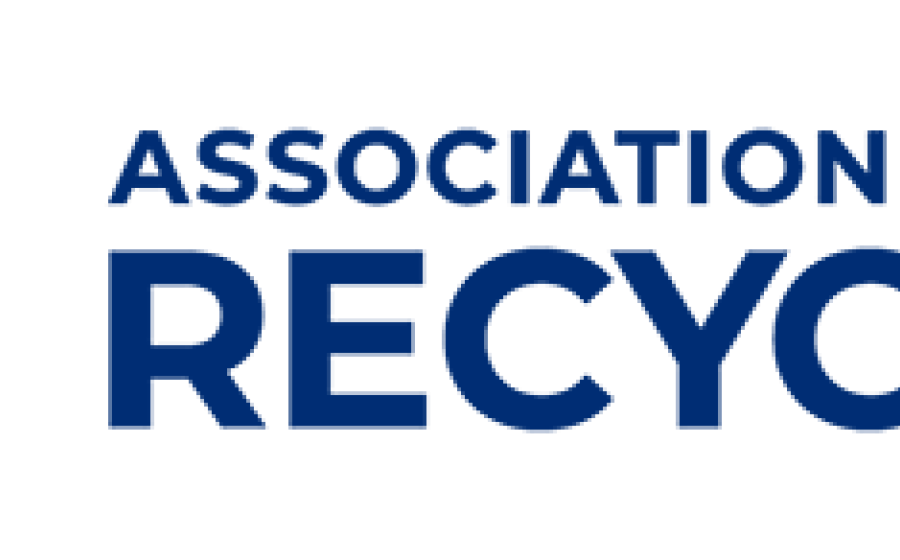
The Association of Plastic Recyclers (APR) and ECOCE, a Mexican organization focused on furthering better plastic packaging design and recyclability, recently announced a formal agreement and plan of action to cooperate on design guidance and provide support for each other in their respective countries.
The organizations plan to align in the following areas:
- Bilateral sharing of information regarding trends, regulatory frameworks, studies, statistical data, operational strategies, and media campaigns.
- Public and private stakeholder relationships.
- Joint development of projects in the North American region.
“APR is pleased to formalize our relationship with ECOCE as we work to align plastic design for recyclability across the globe,” said Steve Alexander, APR President and CEO. “Both organizations are committed to creating a circular economy and improving recycling for plastics.”
Although collection systems in North America and Mexico may differ, design for recyclability remains similar. APR and ECOCE will collaborate to develop a Spanish translation of the APR Design® Guide for Plastics Recyclability, which may include modifications to account for differences in recycling infrastructure in Mexico. APR will also work with ECOCE to expand the APR Design® Training Program to be available in Spanish and further promote the APR Design® Recognition Program which provides third-party validation that a package or packaging component’s design is compatible with current recycling systems.
“The signing of this MOU reaffirms our commitment to advancing a more sustainable model of production and consumption,” said Jorge Terrazas Ornelas, General Director of ECOCE. “Through our collaboration with APR, we seek to accelerate the adoption of international standards that improve packaging recyclability in Mexico.”
This collaboration builds on ongoing efforts by APR, ECOCE, RecyClass, and other key stakeholders to achieve global harmonization in the recyclability of plastic packaging. Based on technical design for recyclability guidance and test protocols, this partnership aims to provide greater clarity across the entire value chain. These efforts are also thoughtfully tailored to reflect the regional differences in recycling systems and capabilities.



